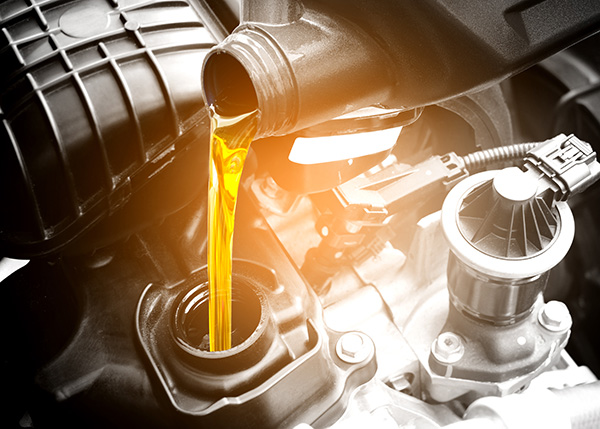Posted on 5/30/2025

If you drive a German vehicle—like a BMW, Audi, Mercedes-Benz, or Volkswagen—you’ve probably been told that synthetic oil is a must. That’s not just advice; in most cases, it’s a requirement. These engines are engineered differently, with performance and durability in mind, and that means they place more stress on the oil that keeps everything running. We’ll explain why synthetic oil is essential for German cars and what distinguishes it from conventional options. German Engines Run Hotter and Cleaner Many German engines are built to deliver more power from smaller, turbocharged platforms. That means higher compression, more heat, and tighter internal clearances. These engines are efficient, but they run hotter than most and require an oil that won’t break down under thermal stress. Synthetic oil is engineered to resist thinning at high temperatures and maintain its viscosity longer than conventional oil. That means it keep ... read more